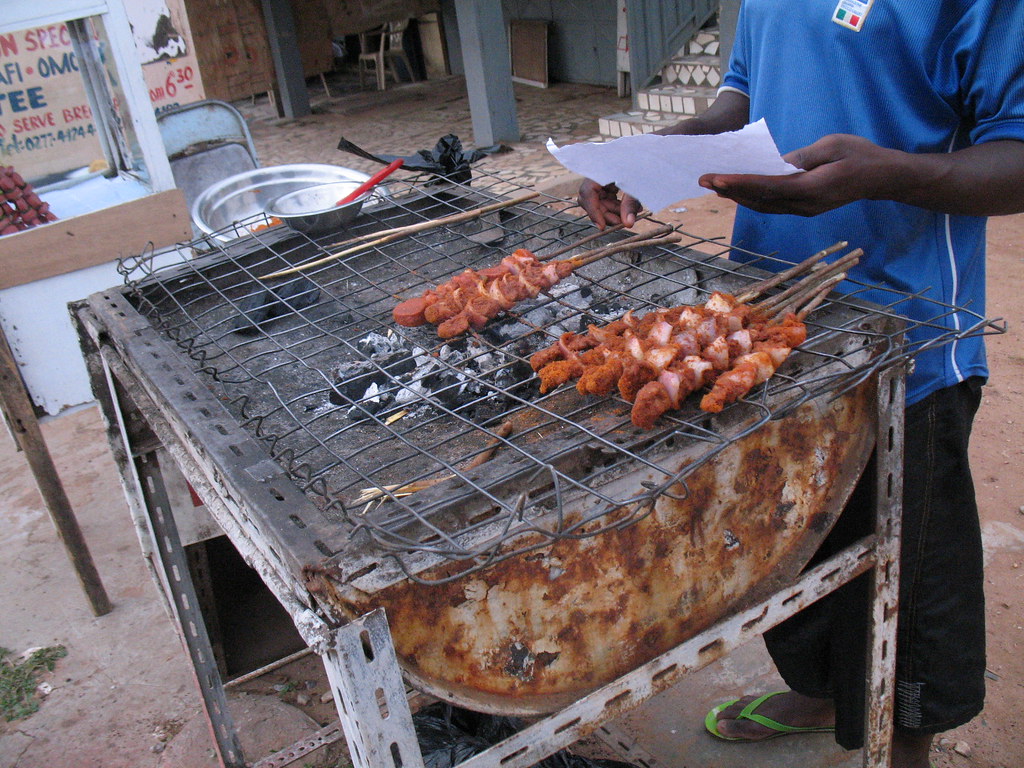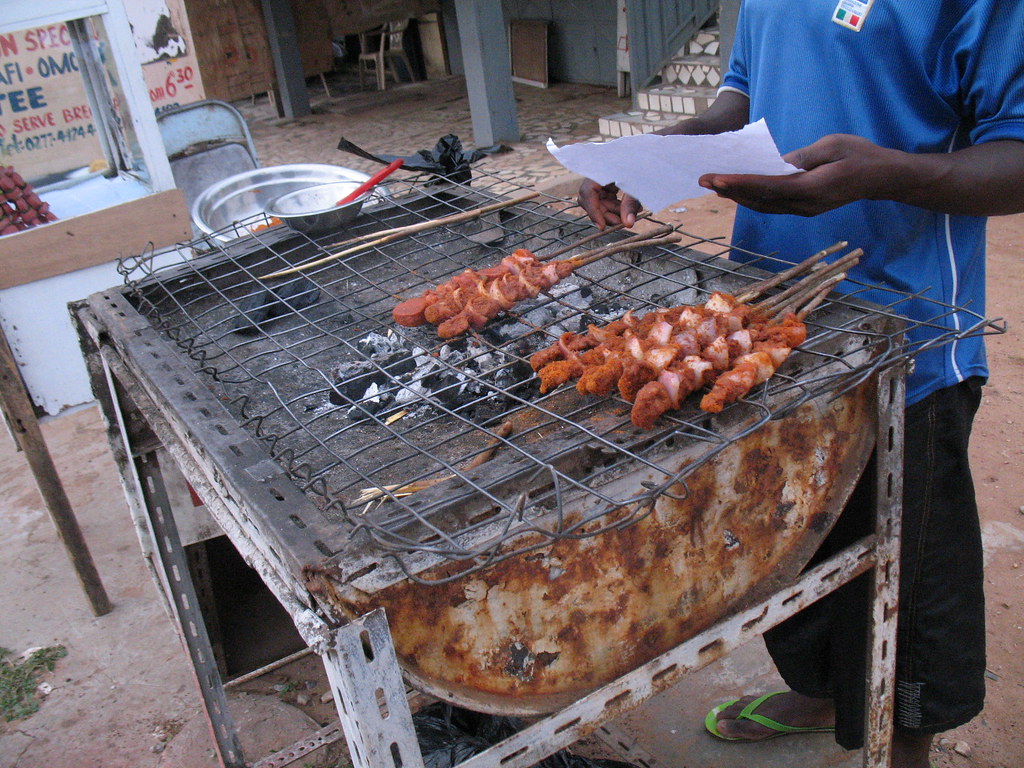The PBC Shea Factory in Buipe has resumed operations after several years of inactivity, sparking optimism about revitalising Ghana’s shea industry and advancing the government’s 24-hour economy policy.
The state-owned plant, commissioned in 2012 to process shea nuts into butter and oil, was shut down in 2019 due to operational challenges. Its revival is expected to generate employment opportunities, particularly for women and young people, while strengthening the country’s position in the global shea market.
However, managers of the facility have raised alarm over threats to sustainability, citing inadequate access to raw materials.
Managing Director, Alhaji Abubakari Abdul-Mumin, cautioned that Ghana could lose its competitive advantage if the government does not act swiftly to restrict the export of raw shea nuts.
“Across Africa, countries such as Nigeria and Burkina Faso have banned the export of shea nuts. It is crucial for Ghana to follow suit to prevent a rush for the nuts that could cripple our local industry,” he stated.
Board Chairman, Rev. Aaron Fant, reinforced the call, noting that the factory’s ability to operate consistently depends on reliable access to raw materials.
“Our appeal to government is to ban the exportation of raw nuts so we can add value by processing them into semi-finished or finished products. This will create jobs, boost the economy, and yield greater returns for Ghana’s shea industry,” he said.
Although the relaunch coincides with the off-season, management says efforts are underway to secure sufficient supplies to keep the plant running until the next harvest.
With a processing capacity of 150,000 metric tons annually, valued at more than $118 million, the Buipe factory has the potential to significantly transform the shea value chain. Still, without a steady flow of raw nuts, its long-term prospects remain in question.














